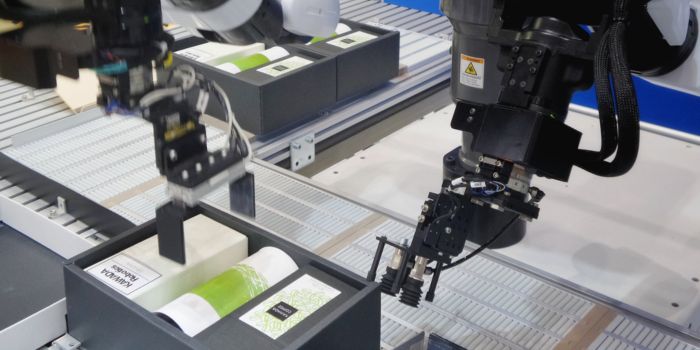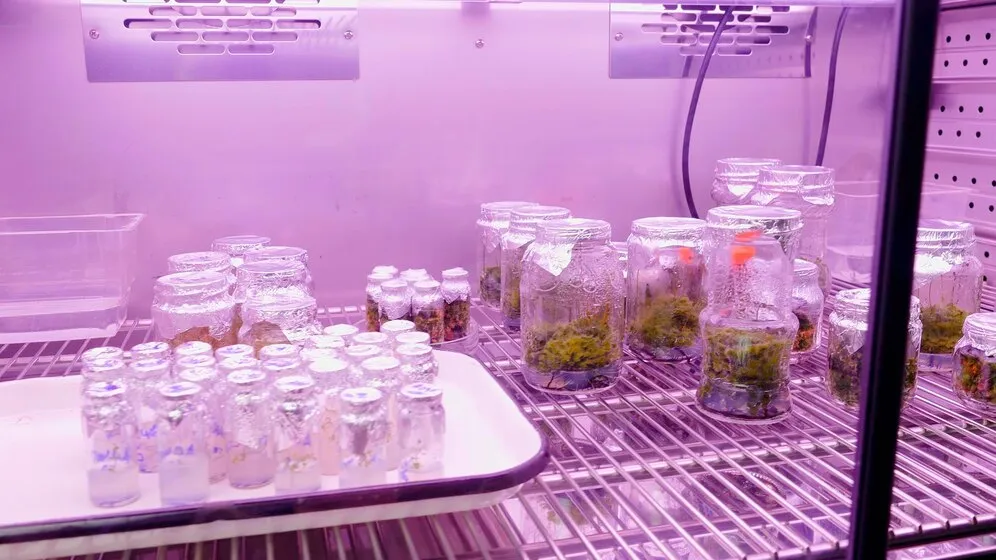Manufacture Meaning and How to Find One for Your Products

Manufacture meaning — The process of turning raw materials, parts, or components into completed commodities that satisfy the needs or requirements of a customer is known as manufacturing.
This intricate process involves a series of systematic steps, machinery, labor, and technologies to transform the initial inputs into a final product ready for distribution and use.
Manufacturing is a broad term that encompasses various industries, such as automotive, electronics, food, and textiles, each with its unique processes and requirements.
Fundamental Aspects of Manufacturing
1. Raw Material Transformation
Manufacturing begins with the acquisition of raw materials. These materials can be natural resources, such as metals, plastics, or agricultural products, depending on the type of product being produced.
2. Design and Engineering
Before production commences, a detailed design and engineering phase is essential. This involves creating plans and specifications for the product, including the selection of materials, dimensions, and manufacturing processes.
3. Production Processes
The heart of manufacturing lies in the production processes, which can vary widely. Common processes include casting, molding, machining, assembly, and more, depending on the nature of the product.
4. Quality Control
Quality control is a critical aspect of manufacturing. It involves monitoring and ensuring that each product meets predefined standards and specifications.
This includes inspections at various stages of the production process to identify and rectify any defects.
5. Automation and Technology
Modern manufacturing often involves the use of advanced technologies and automation. Robotics, computer-aided design (CAD), and computer-aided manufacturing (CAM) play pivotal roles in enhancing efficiency and precision.
6. Workforce
Skilled labor is an integral part of manufacturing. From machine operators to engineers, a competent and trained workforce is crucial for the success of the manufacturing process.
7. Supply Chain Management
Coordinating the flow of materials, information, and finances throughout the manufacturing process requires effective supply chain management.
Timely delivery of materials and components is vital for maintaining production schedules.
Importance of Selecting the Right Manufacturing Partner
Selecting the right manufacturing partner is a critical decision that can significantly impact the success of a product. The choice of a manufacturing partner influences various aspects of the production process and the outcome:
1. Quality Assurance
A reliable manufacturing partner is crucial for maintaining consistent product quality. Their commitment to quality control processes ensures that each unit produced meets specified standards, reducing the risk of defects and recalls.
2. Expertise and Specialization
Choosing a manufacturing partner with expertise in the specific type of product enhances the chances of success.
Specialized knowledge and experience contribute to efficient production processes and a better understanding of industry-specific challenges.
3. Timely Production and Delivery
Timely production and delivery are vital for meeting market demands. A capable manufacturing partner ensures that production schedules are adhered to, preventing delays in product availability.
4. Cost Efficiency
Collaborating with the right manufacturing partner can lead to cost savings. Efficiency in production processes, economies of scale, and negotiated pricing contribute to overall cost efficiency.
5. Flexibility and Adaptability
A responsive manufacturing partner can adapt to changing market conditions, consumer preferences, and unforeseen challenges.
Flexibility in production processes allows for adjustments without compromising quality or timelines.
6. Long-Term Partnership
Building a long-term partnership with a manufacturing entity fosters stability and continuity.
Consistent collaboration enables manufacturers to better understand the unique requirements of the product and implement improvements over time.
7. Reputation and Brand Image
The reputation of a manufacturing partner reflects on the brand image of the product. Choosing a partner with a positive industry standing contributes to building trust with consumers and stakeholders.
Matching Manufacturing with Product Types
Manufacturing processes are diverse and tailored to suit the unique characteristics of various product types.
Matching the right manufacturing process with a specific product is crucial for optimizing efficiency, ensuring quality, and meeting market demands.
Let’s explore how different manufacturing processes align with specific product types and why compatibility between the manufacturing process and the nature of the product is essential.
1. Assembly for Integrated Products
– Product Types: Electronics, automobiles, household appliances.
– Importance: Assembly processes bring together individual components to create a final product. This is essential for industries where various parts need to work seamlessly together to form a functional unit.
2. Chemical Processing for Pharmaceuticals and Chemicals
– Product Types: Pharmaceuticals, specialty chemicals, fertilizers.
– Importance: Chemical processing involves the synthesis and transformation of substances, making it suitable for industries where precise control over chemical reactions is necessary, such as in pharmaceutical manufacturing.
3. Textile Manufacturing for Fabrics and Apparel
– Product Types: Clothing, home textiles, industrial fabrics.
– Importance: Textile manufacturing processes, including spinning, weaving, and dyeing, are tailored to produce a wide range of fabrics suitable for various end products, from clothing to industrial applications.
4. Additive Manufacturing for Prototyping and Customization
– Product Types: Prototypes, custom-designed components, dental implants.
– Importance: Additive manufacturing, such as 3D printing, is advantageous for creating prototypes and customized products layer by layer. It offers flexibility in design and is particularly valuable for low-volume, high-complexity production.
5. Food Processing for Consumable Goods
– Product Types: Packaged foods, beverages, frozen products.
– Importance: Food processing involves various techniques such as cutting, cooking, and packaging. These processes are essential for ensuring the safety, shelf-life, and quality of consumable goods.
In conclusion, the alignment of manufacturing processes with specific product types is crucial for achieving optimal results in terms of efficiency, quality, and cost-effectiveness.
The careful consideration of compatibility between the manufacturing process and the nature of the product is a key strategic element in successful product development and manufacturing.
Doing business in Powder Drink can make big profits!
Want to try your luck in the world of the healthy drink business? Immediately make the product with your brand! You can entrust it to Putra Farma Yogyakarta as an experienced and highly credible instant beverage product contract manufacturer since 2000. Our location is in Indonesia, precisely in Yogyakarta. In addition, we also accept orders to be shipped worldwide.
With our services, you can make your own branded instant beverage products without having to think about high capital to build your factory. We provide any beverage powder products from various raw materials such as vegan collagen, salmon, or adjust to your request.
For product legality issues, you don’t have to worry! Because we guarantee that our products use the best quality raw materials that are legally certified and have food testing from the laboratory. We also carry out production with GMP, and HACCP standards, and double-checking.
Get many benefits by working with us, including product consulting; free to create a brand name; unique product formulations; free product samples; flexible MoUs; free product packaging design; free to choose the form of product packaging; free revision of product samples until suitable; long shelf life; cost price negotiation; product legality registration; etc.
Find us on social media:
Instagram @putrafarmayogyakarta
Facebook Putra Farma Yogyakarta
LinkedIn Putra Farma Yogyakarta
Twitter @putrafarmayk
TikTok @putrafarmayogyakarta



